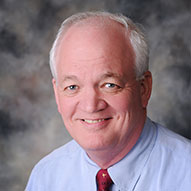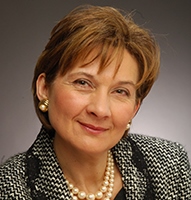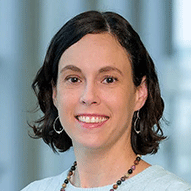Dallas
214-456-3600
Fax: 214-456-4273
Request an Appointment with codes: Psychiatry
If your child is having suicidal thoughts or behaviors, you need expert help and support – and you need it fast. Children’s Health℠ is one of the nation’s leaders in teen suicide prevention. We offer care and treatment to keep your child safe today, and we teach them skills to lead a long, healthy life.
214-456-3600
Fax: 214-456-4273
Request an Appointment with codes: Psychiatry
Suicidal behavior is any type of self-harm that is accompanied by an intent to die. Suicidal behaviors include:
It is normal for teens to feel sad, moody and irritable at times. But when those feelings don’t go away, it can be a sign that it’s time to get help. Some of the signs of a suicidal child or teen include:
There are many ways to determine if someone is suicidal. At Children’s Health, our expert pediatric psychiatrists, psychologists and clinical therapists will do a full assessment of your child’s mental health. They’ll ask questions about self-injury or past suicide attempts. They’ll determine how safe your child is at home and if your child has access to weapons or medicines that could be used to hurt themselves. Then they’ll recommend the best treatment plan for your child.
It’s easy to want to blame something for a teen’s suicidal behavior. But it’s important to realize that it’s nobody’s fault, and that there are usually multiple causes. The factors that put teens at higher risk include:
We can treat suicidal behaviors in many ways, and we’ll help you know what level of care your child needs. We offer:
Our specialists will also team up to provide the best possible care for your child. Our specialists include:
At each level of care, we’ll start by creating a safety plan. This plan is a critical tool for suicide prevention. It includes things like
We’ll review medications your child may be taking and prescribe additional medication that may help.
We also offer individual, family and group therapy. We approach therapy knowing that you and your child are doing your best – and that there is always room to learn and grow. Our therapy sessions can:
Children’s Health is home to top psychologists, psychiatrists and other mental health specialists with decades of experience helping teens navigate and overcome suicidal thoughts and behaviors.














A great start is to acknowledge the problem, know that you’re not alone, and get expert help as soon as possible. Many parents hope their child may grow out of suicidal behaviors, but that doesn’t usually happen on its own.
It’s more common than many people realize. Around 17% of high school kids will admit to having suicidal thoughts.
Suicide is the second leading cause of death for children and young adults between ages 10 and 24. It’s estimated that around 8% of teens will make a suicide attempt.
While we can’t prevent it in every case, our SPARC program has one of the nation’s best success rates. Teens who attend SPARC have a reattempt rate of 7% compared to a rate of 12% to 31% reported in the literature.
If our SPARC program is not the right fit or can’t accommodate your child, we can match you with treatment from outside experts who created or were trained in the SPARC model of care.
You can start by talking to them as directly and honestly as possible. Asking your child about suicidal thoughts will not make them more likely to have those thoughts or to act on them. We encourage parents to check-in and ask, “How often are you having suicidal thoughts and when are you having them?” You might even ask, “Do you feel like you might act on those thoughts? Do you have a plan?” Those are all good questions to ask, and questions we can help you address in a safety plan. It is always a good idea to contact your child’s pediatrician or family doctor if you have any concerns that they may be suicidal.